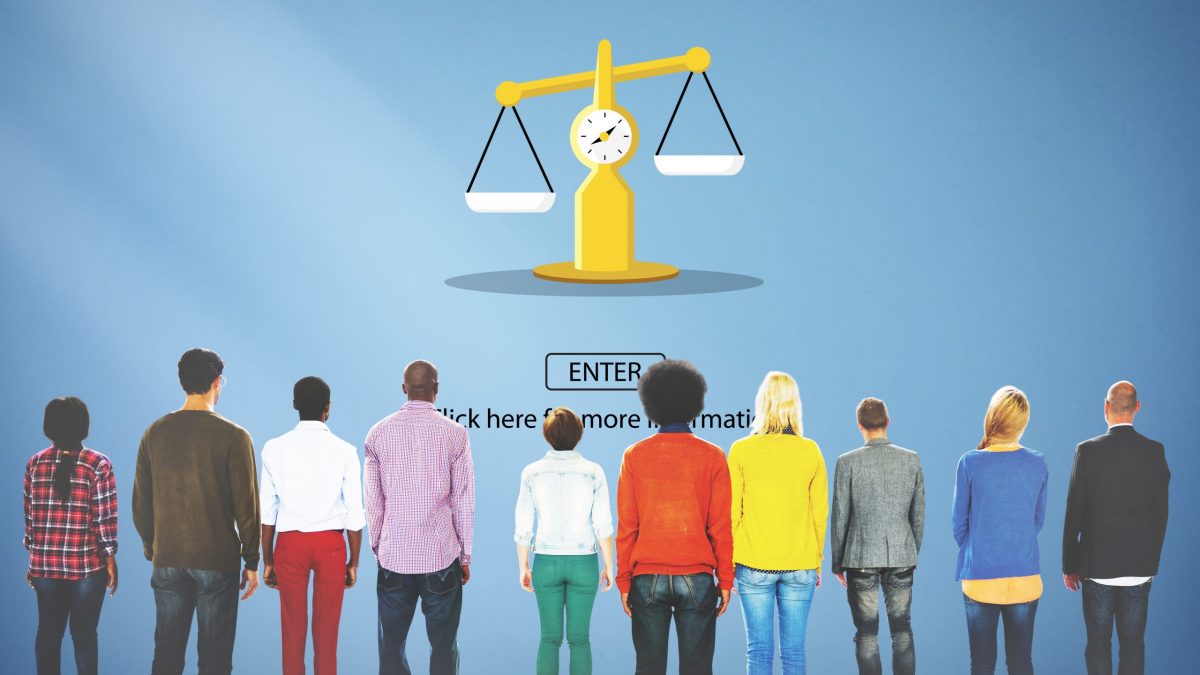
Privatisation of Probation Services
January 7, 2020
How Do You Fight Serious Personal Injury In Court
January 12, 2020Ever since, minority groups have usually been in a more vulnerable position compared to the majority. Due to their physical and cultural characteristics and backgrounds, they’re often the victims of unfortunate circumstances, such as discrimination or unequal treatment, violence, hostility, oppression, and persecution.
Although national legislation and internationally binding declarations recognize the rights of minorities, some groups in the society still opt to violate their human and fundamental rights. To stop these severe violations, dedicated lawyers advocate for them and make sure that they get the justice they deserve. However, just like other clients, representing minorities comes with many important considerations.
Below are the things to consider when you want to represent cases for minorities:
Nature Of The Case
Of course, representing minorities for a specific case is never easy, especially if you have no concrete experience in the situation they’re in. Because of this, make sure you understand the nature of their case before you decide to represent them. Typically, violations against minority groups can give rise to a civil action, criminal action, or both, depending on the circumstances. For example, if your client has been severely bitten because of their ethnic background, they might have the right to pursue a criminal or civil case, provided the requisites for its commission are present.
Therefore, by knowing the nature of their case, you’ll know what to do to represent them properly in all legal proceedings. Besides, both criminal and civil actions have different legal intricacies to keep in mind. That’s why being one of the best abogados en español, your in-depth understanding of their situation allows you to create a strong legal strategy that can help win their case.
Availability Of Evidence To Prove The Claim

Another critical factor to consider when representing cases for minorities is the availability of evidence to prove your claim. Sometimes, it’s hard to navigate a particular case if you have no sufficient evidence to support what you’re fighting for. But, unlike other usual cases, cases concerning minorities can become very complicated.
Due to their standing in the society, evidence to prove that their basic rights are violated might not be readily available or difficult to obtain. In some cases, people who have witnessed the incident might not be willing to provide testimonies that can help you build a good case for your client.
In such a case, you need to be well-prepared in case you’ve decided to represent minorities on their behalf. Be sure you have a plan in the event collection of evidence becomes a challenging task for you and your client. For example, if your client has been dismissed from work due to gender discrimination, it’s best to equip yourself with the knowledge about the laws applicable to the subject matter. This means that even if the availability of evidence is almost impossible, you can still defend your client in a legal proceeding.
Cost Of Preparing The Case And Conducting Trial
Similarly, legal cases involving minorities follow specific rules and procedures. It can be costly and time-consuming, depending on the type of case you’d like to represent. Typically, most of these cases stem from violations against the minorities’ fundamental rights. These might include, but not limited to:
- Right to live without fear of discrimination or racism
- Right to exercise their culture, religion, or tradition
- Right to use their own language and express and share their opinions freely
- Right to participate in social, economic, and political activities without prejudice, oppression, and discrimination.
As you can see, legal battles about the violation of these rights are complex because they’re considered moral principles or norms that describe specific human standards. They’re being exercised to preserve the dignity and worth of every human person regardless of race, cultural background, gender, religion, and many more. This, indeed, makes cases for minorities difficult to navigate, especially during trial. From the preparation of paperwork, to the hiring of expert witnesses, and up to the gathering of additional evidence, conducting trial can be an overwhelming task to do. For instance, you might have to tap additional resources to strengthen their case, and this can mean a lot of legal work to do.
For these reasons, it’s crucial to consider the potential costs of preparing the case and the things to do during the trial when deciding to represent minorities. Since their rights are at stake here, you should understand the responsibility you have in ensuring the best legal representation for your client. If you want to fight for these people’s rights and interests by becoming their legal counsel, prepare yourself and your client for the potential costs, and make sure that you’re ready when the trial begins. That way, you can rest, knowing that you can represent your client properly and obtain a judgment in their favor.
Final Thoughts
Ideally, a good lawyer will check the facts of a case and weigh everything to give their client an idea of what might happen throughout the proceeding. This also applies to cases for minorities. Just like other recognized groups in society, they also have the right to be legally represented and get the justice they deserve.
So, if you’re a lawyer who upholds diversity, keep the factors mentioned above in mind so you’ll know what to do when you want to represent minorities in their legal battles. For more information about Para Abogados en Español, click here.





